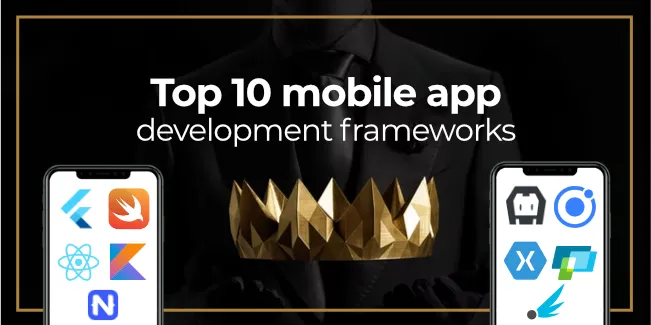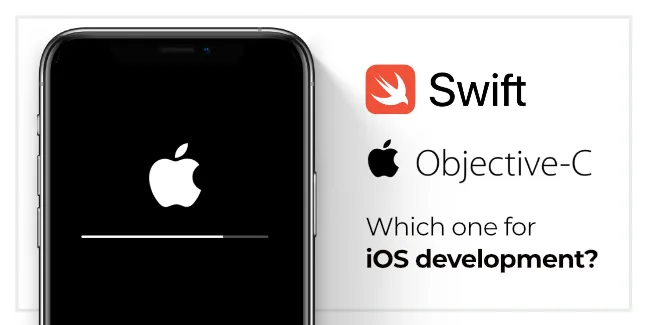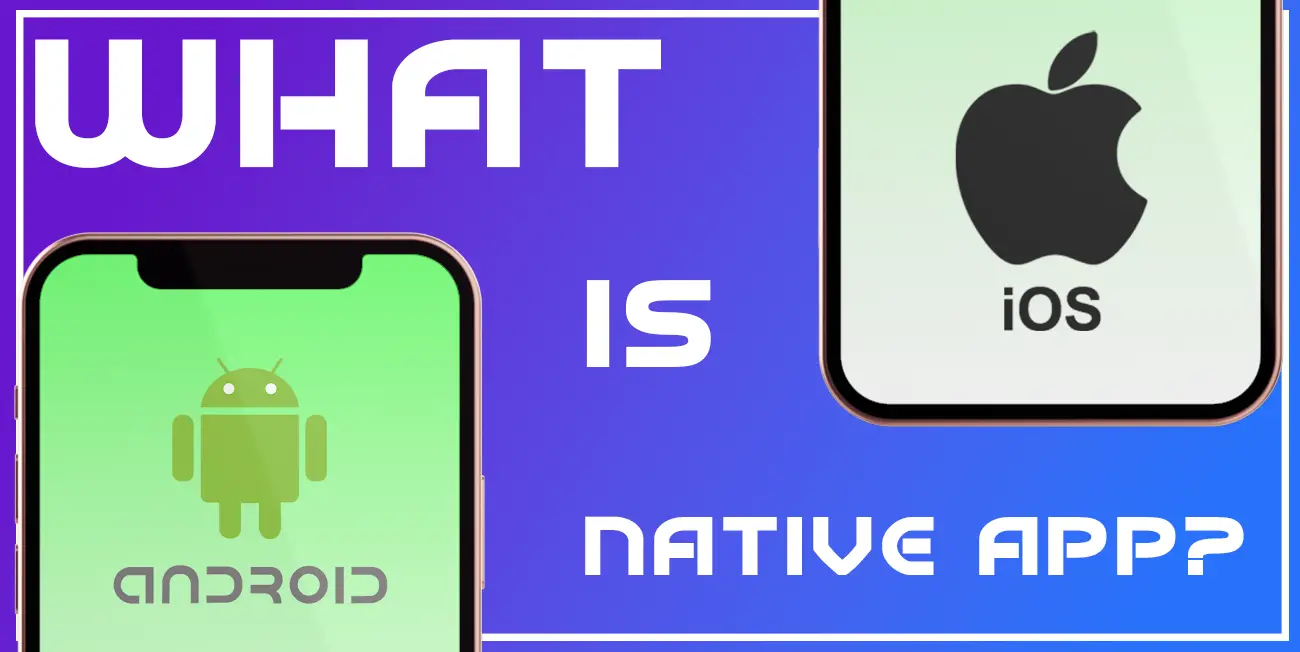iOS is an operating system that powers all mobile devices with the bitten apple logo. Statistics show it is the second most popular mobile operating system, just after Android. iOS accounts for a mind-blowing 28% of the mobile market. We used the word “mind-blowing” because it is worth remembering that there are significantly fewer devices powered by iOS than those powered by Android.
Although there are definitely fewer users of iOS than Android ones, they are an excellent target group because they are more loyal and statistically have a higher income.
So we determined that creating an iOS app is a good idea. However, for the idea of an application to become a reality, you must first select the iOS app development language. Over the years, there have been many iOS languages that you should consider. This article will discuss these languages and help you make decisions about the language you will use to code ios apps.
However, before we go to the main part of the article, we will present 4 aspects that every entrepreneur must consider before creating even one line of code.
4 key aspects to consider before coding
Purpose

Everything in this world has a purpose, and so should your application if you want it to be recognized. Therefore, first, you need to ask yourself a very important question – Who is my app for, and why should people use it? Knowing the answer to this question, you will be able to plan your application much easier and reduce the risk of failing right from the start.
Market research

This is one of the most important steps in the preparation phase. Start by analyzing the competition, considering their applications, and determining what users expect. Draw conclusions from what you checked and try to translate them into your application. Make yours as unique as possible but also easy to use and visually attractive. If there is no direct competition in the market, this can be both a good and a bad sign. Either no one has come up with a similar idea yet, or similar applications have collapsed. Analyze the market carefully, and you will have a chance to draw crucial conclusions.
Team

Building a mobile application is a complicated task for which you will need more than just a developer. Depending on the complexity of the application, the development process will involve UX designers, UI designers, project managers, QA testers, and much more. Therefore, you need to consider what type of team you want to build. The two most popular solutions are building an in-house team and outsourcing.
Programming languages

And this way, we smoothly move to the programming language selection. iOS apps are usually developed using native languages, but if your application is also to hit Android, there is nothing to prevent you from choosing cross-platform technologies. As the fate of your application depends on this choice, you should put a lot of effort into it. Below is a list that should help you choose the iOS app developing language. Learn more about best practices in software development!
Best iOS programming languages 2022
Objective-C
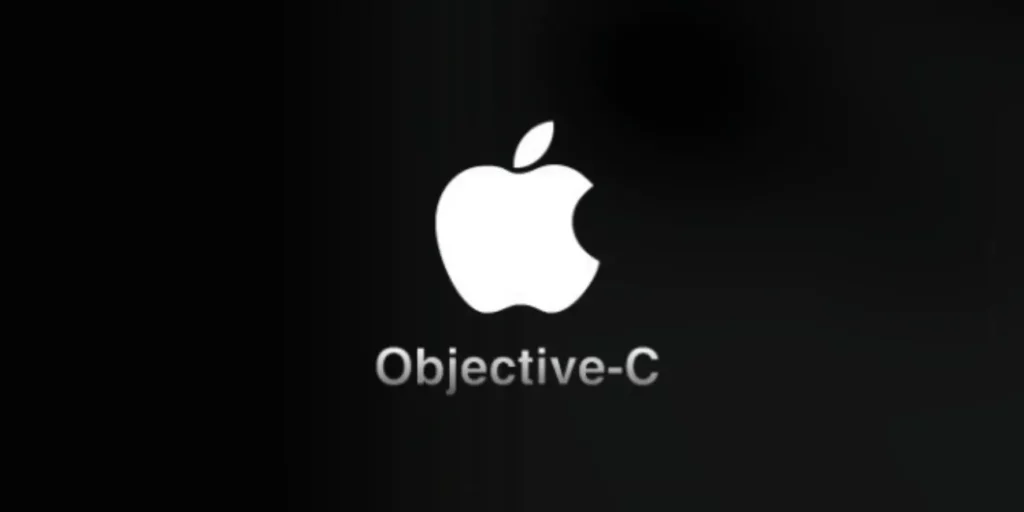
Objective-C is one of the oldest and most popular languages for developing iOS apps. It was created in the early 1980s and has been constantly improved ever since. Objective-C is a powerful and versatile language that can be used for a wide variety of tasks.
It is worth noting that Obj-C is a native programming language, which means that with its use, you can create apps that will run only in the iOS environment. Such a solution is the best way to go if you want to focus only on a given platform because it allows you to use the potential that lies within it fully. Learn more about the types of development!
Objective-C used to be the main programming language when it came to iOS development but is now slowly pushed away by a newer programming language – Swift.
Is it worth choosing Objective-C?
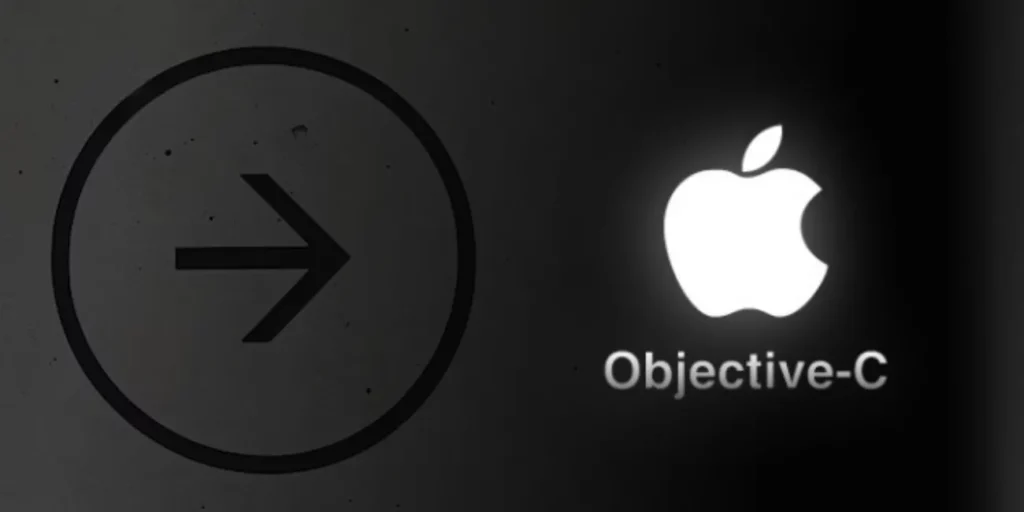
A few years ago, we would have said that Objective-C is the best solution on the market if you want to create iOS apps. However, times change, and Objective-C is only a good choice if you want to ensure that your application runs on all versions of the iOS system.
Swift
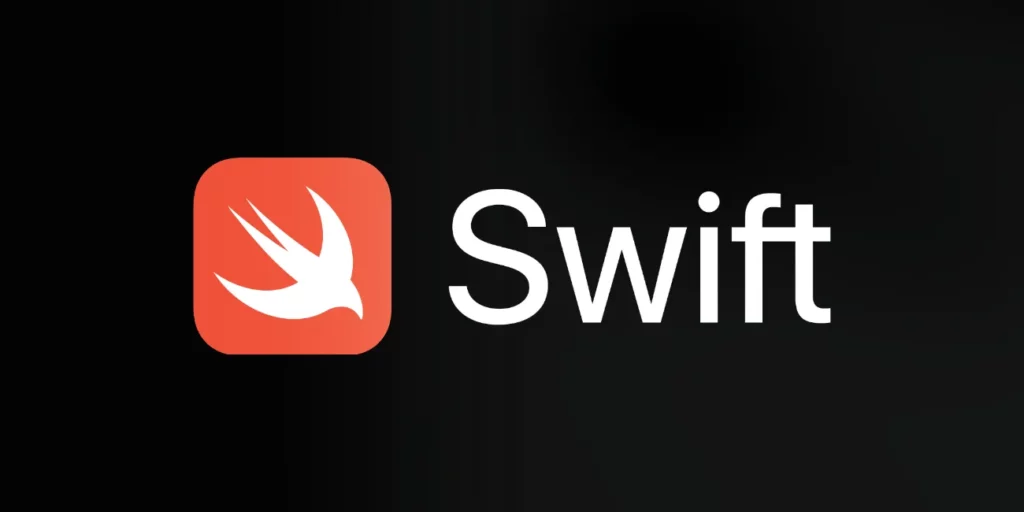
Swift is a new iOS development language created by Apple. It was designed to be a more powerful and easier-to-use alternative to Objective-C. Swift is a compiled language, which means that it is turned into machine code that the processor can understand. This makes Swift apps run faster than those written in Objective-C.
One of the great things about Swift is that it is much easier to read and write than Objective-C. This is because it uses a syntax that is closer to natural English. As a result, you will spend less time writing code, and your code will be easier for other developers to understand.
It is also a native language, just like Objective-C.
Is it worth choosing Swift?
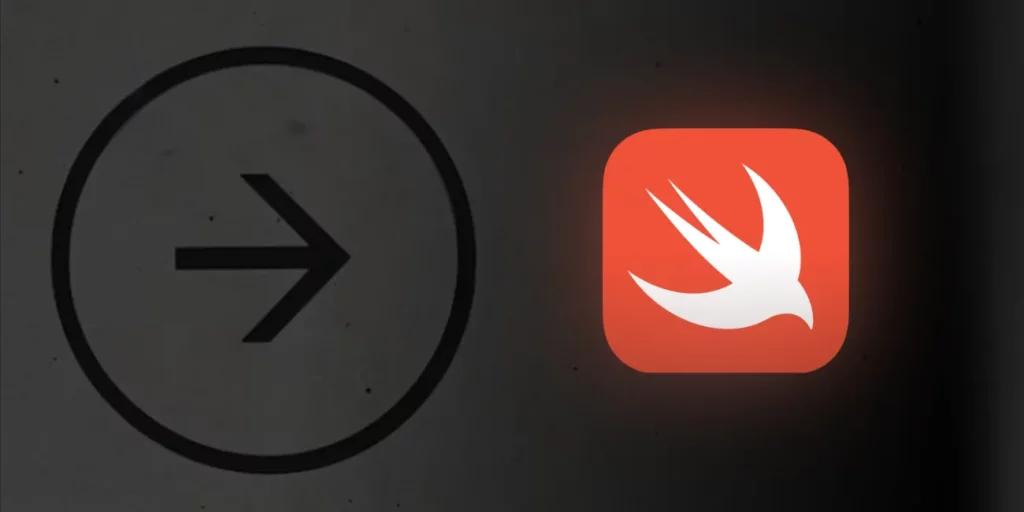
Swift is the best way to go if you want to quickly develop a native app that will work on every iOS-powered device. The language is easy to read and write, so you will be able to get your app up and running in no time. Plus, with Swift’s performance advantages, your app will run faster than ever. If you want to know more head out to our “OBJECTIVE-C VS. SWIFT – WHICH ONE TO CHOOSE FOR IOS DEVELOPMENT?” article.
C#
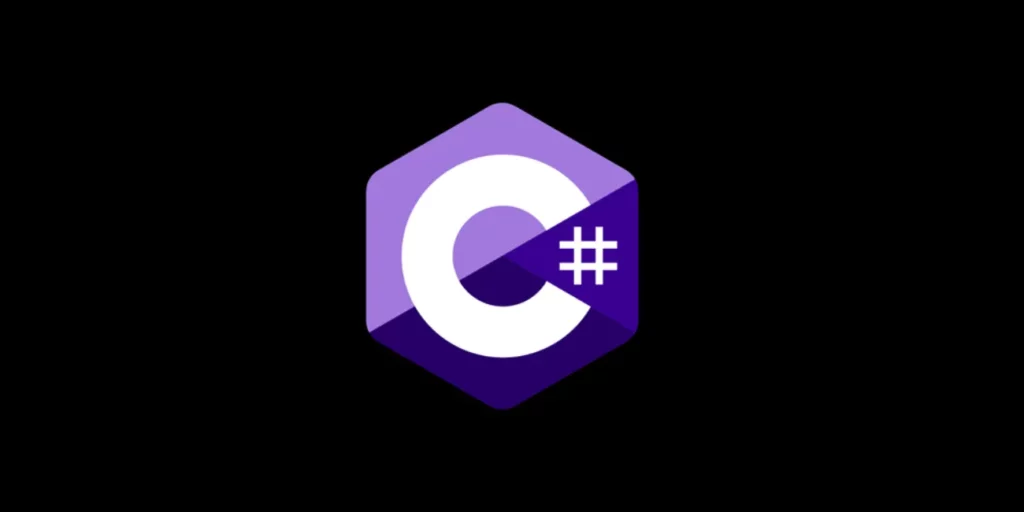
C# is a powerful programming language that is very similar to Java. In fact, C# was developed by Microsoft as an alternative to Java.
C# is a great choice for developing mobile apps because it is easy to learn and use. The syntax is similar to other popular languages, so you will be able to pick it up quickly. Plus, C# is a very versatile language that can be used for a variety of different purposes. With its use, you can develop applications for Windows, Mac, and of course, iOS.
It is also a native programming language because code created with it can operate only on a given platform.
Is it worth choosing C#?
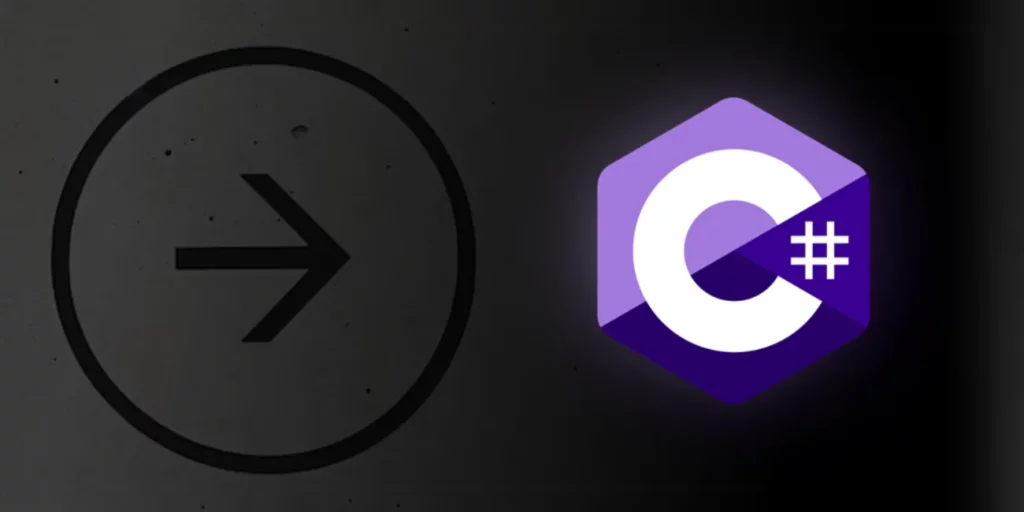
If your team consists of experienced C# developers, for which the .NET development environment has no mysteries, then this language should be a natural choice. Also, if you want to expand your app on different platforms such as Android, or Mac, C# is a great way to go, as your native apps will all look and feel similar.
HTML5
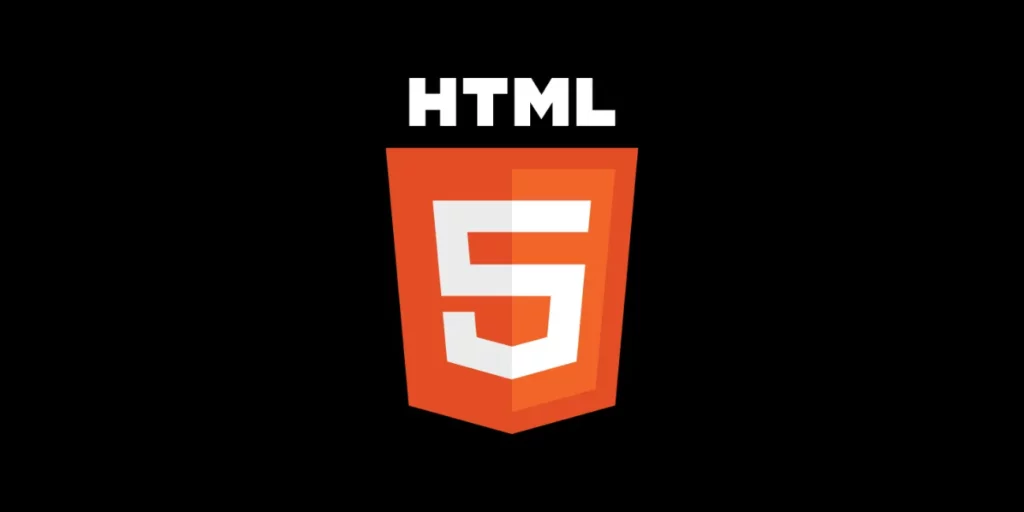
HTML 5 is a markup language, with its main purpose to structure and present content on the internet. Websites are written in HTML code, which a browser then reads and translates into visible web pages.
HTML5 is the latest version of HTML, with new features allowing you to do more than ever with your websites. For example, you can now include audio and video elements on your pages without using additional plugins like Adobe Flash Player. Thanks to tools such as Apache Cordova or Visual Studio for Mac, you can create your own iOS app.
It is a web development language, meaning that the app created with its use will be available only in the browser.
Is it worth choosing HTML5?

We would not recommend using HTML5 as your primary iOS programming language. Just because you can make an iOS app using that language doesn’t mean you should. HTML5 is a good solution if you are a novice developer and want to create your first application.
Flutter

Flutter is a cross-platform solution created by Google. It allows you to write one codebase for two platforms – iOS and Android. The main advantage of using Flutter is the speed of development. The framework is based on the Dart object-oriented programming language, which compiles the code into native code without the help of a JavaScript bridge. This makes it possible to achieve 60 frames per second (fps).
Flutter is the first full-fledged cross-platform solution we mention in this article. So let’s introduce this concept. Cross-platform apps development allows you to develop iOS apps, and Android Apps with use of a shared codebase. This solution makes the development for both major platforms faster than ever.
Based on speed and performance, Flutter even defeats Facebook’s React Native framework. How? First, the Flutter framework operates using a Skia graphic engine. This allows for quick and easy mobile OS platform integration as well as enhanced graphics rendering–up to several times faster than React Native. Second, Dart (Flutter’s programming language) relies on widgets. By not needing native widgets, there are fewer areas of contact with the platform overall; leading to shorter application start-up time and decreased potential for performance bugs.
Is it worth choosing Flutter?

Flutter is the way to go if you want your app to hit all major platforms simultaneously with a small investment of time and money. Well, ok, maybe not small, but significantly smaller than with native programming languages.
React Native
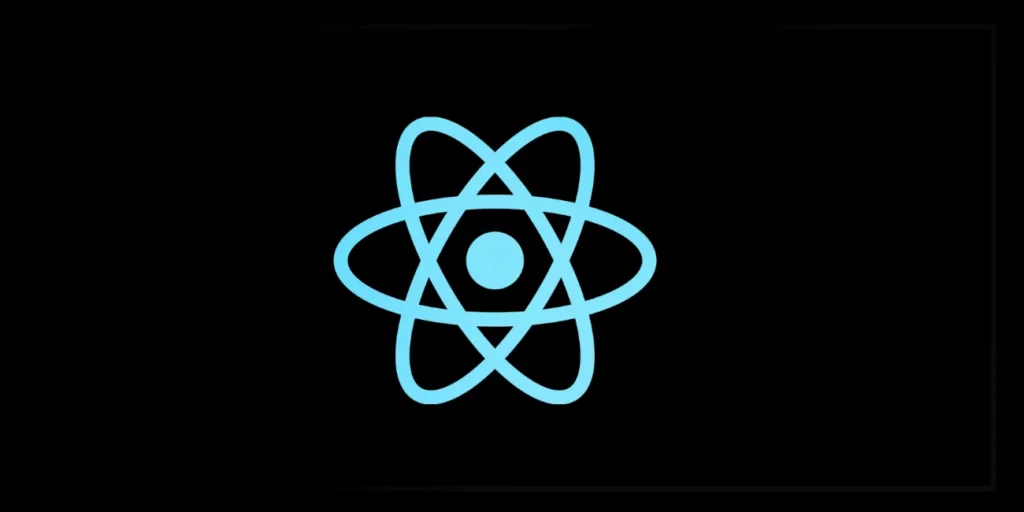
React Native was created by Facebook and allows you to for cross-platform iOS and Android app development using JavaScript. The framework uses the ReactJS library, which makes it possible to create user interfaces (UI). Learn what are the differences between ReactJS and React Native!
React Native has a few distinct advantages over other cross-platform development platforms. This framework works with native components and various complex third-party component libraries. React components are self-contained and reusable code, so building a mobile app using React Native is similar to playing with lego bricks. React Native developers utilize them to construct distinctive user experiences in a matter of days.
Another nifty feature is hot-reloading. The developer may observe the modifications he makes while the code is being written, and they will not be saved. This technique allows for faster encoding and a decreased risk of error.
The disadvantage of using React Native is that the framework does not yet support some native features.
Is it worth choosing React Native?
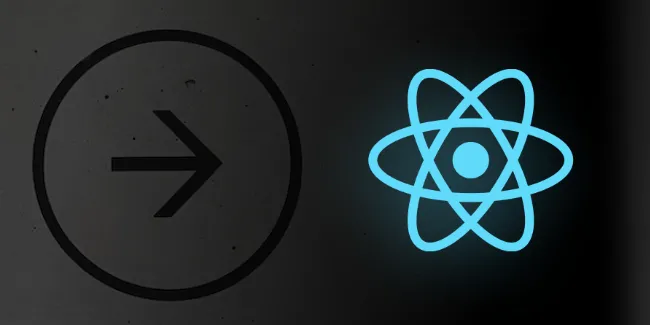
If you want to build a cross-platform app quickly, then React Native is the way to go. If time is not a concern and you want your app to have access to all the native features, then you should opt for Swift or Objective-C.
Conclusion
As you may have noticed, there is no such thing as the best programming language. In fact, if you want to create iPhone apps, you must first understand exactly how your application will work and then adjust the programming language to it, never the other way around. By tailoring the language to your application, you will be able to provide the best end-user experience, for which they will be able to become loyal to you. We hope this article has shed some light on iOS app development languages.

